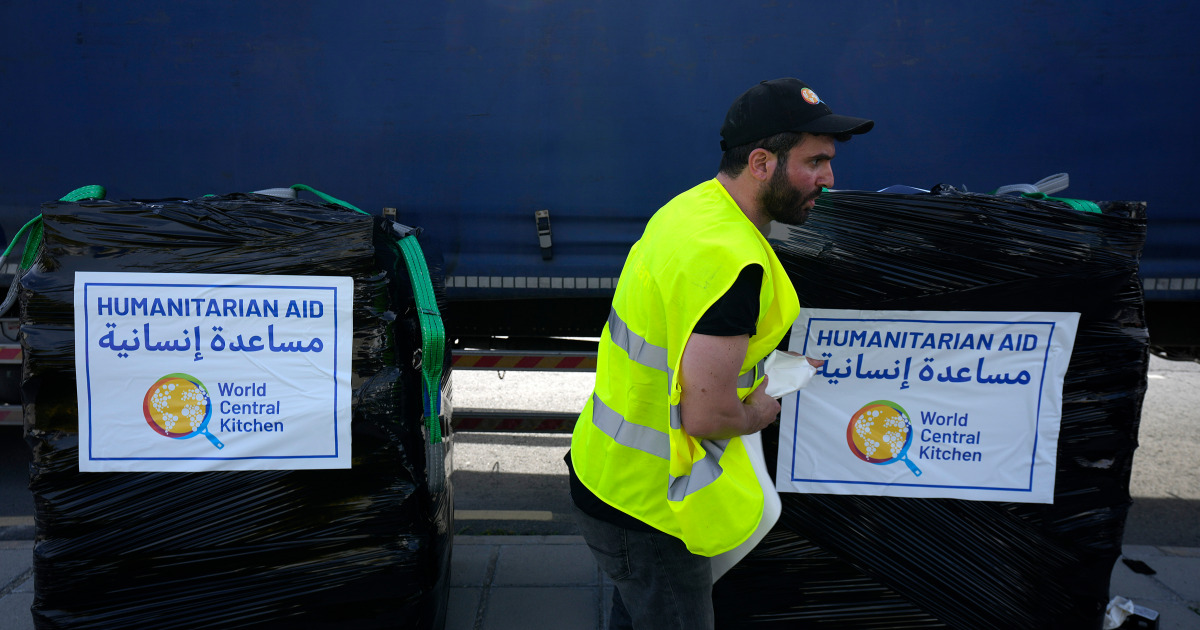Hello,
Officially
a million dead
and probably many more.
The coronavirus continues to progress in the world as in France where
new restrictions
are expected in large metropolises.
And this despite the protests of the owners
of bars and restaurants.
In
Germany
, Spain and Quebec, the screws are also tightened.
Only Sweden remains impassive.
This is not the case for French
universities and grandes écoles
, hit by the proliferation of clusters and where chaos reigns.
Finally, with the arrival of bad days and
winter viruses
, identifying the symptoms of Covid-19 will become more complicated.
Good reading,
Camille Lestienne, journalist at
Le Figaro
.
1. Threat of new restrictions on large metropolises
Paris like other large metropolises could experience new restrictions if the area goes on high alert.
GONZALO FUENTES / REUTERS
A million dead and maybe more.
On Sunday, the barrier of one million deaths from the coronavirus worldwide was crossed.
A "
terrible
" number according to the WHO, but probably much lower than reality as the count of deaths is questionable, especially in China and in developing countries.
The Covid toll is far higher than that of the emerging virus epidemics of the 21st century, but still far from the 50 million deaths from the Spanish flu.
In France, 12,845 new cases have been detected in the past 24 hours.
Currently, 6,590 people are hospitalized, including 1,238 in intensive care.
However, the number of resuscitation beds has not been increased since the first wave due to the lack of personnel necessary for their operation.
Four new metropolises, Paris, Lyon, Grenoble and Lille could go today, after the expected intervention of the Minister of Health, on maximum alert and be subject to new restrictions.
The result of three months of hesitation and carelessness since the deconfinement and an erratic and ineffective communication from the government denounces the Science service of
Figaro
.
A speech which lost in clarity and failed to "
keep the French in a state of vigilance
".
To read also: Covid-19: "The great vagueness of the epidemic monitoring indicators"
The epidemic resumption observed in France and elsewhere.
With on average more than 10,000 new cases of Covid-19 detected, France is one of the most affected countries but the upsurge in contamination is also observed elsewhere and is worrying.
In Germany, faced with the relaxation of barrier measures, Angela Merkel calls for giving up the autumn holidays.
"
We know that the most difficult moments are ahead of us,
" warns the Chancellor who wants to avoid a second "
lockdown
".
In Montreal and Quebec, it is also "
the red alert
", indicates our correspondent.
The power, which "
wants to avoid at all costs a health disaster like the first wave
", decided a partial reconfinement of five million Quebecers out of eight for the month of October.
Bars, restaurants and casinos will have to close, as will cinemas, museums, theaters, libraries and theaters.
In Spain, the Madrid authorities are rebelling against a new closure of the capital decided by the government.
Read also: Covid-19: Sweden impassive in the face of the second wave
2. Contamination in bars, confusion at university
In the district of rue Princesse and rue des Canettes in Paris (6th arrondissement), the police ensure compliance with the measure to close bars at 10 p.m.
François Bouchon / Le Figaro
The closure of bars and restaurants contested.
The restriction measures announced last week in France keep causing a stir.
While the mayors of Bordeaux and Lyon denounced "
a sudden change in method
", the appeal against the total closure for two weeks of bars and restaurants in Aix-en-Provence and Marseille was rejected.
The Minister of Health, Olivier Véran, defends himself arguing that there is "
four times more risk of being contaminated with Covid when one has frequented a bar in the days before
".
An assertion that
Le Figaro
has decided to verify.
In Paris, the police are watching for bars that do not close their doors at 10 p.m.
Finally, the sports and fitness centers in Bordeaux, which contested their closure, were also dismissed by the administrative court.
In compensation, the government has announced the extension of partial unemployment for restaurants and cafes and for all “
protected sectors
” such as culture, events and sport.
To read also: Philippe Etchebest: "When the restoration coughs, it is France which is sick"
Mayhem at the university.
Higher education institutions are, according to the latest figures from Public Health France, potential clusters.
Even if it seems that student parties organized in private are the main vectors of the spread of Covid-19, universities and large schools are making their comeback in the greatest confusion, experimenting with a "
patchwork of solutions
".
This situation only confirms the economic difficulties of the university.
The “all-distancing” solution chosen by private schools particularly annoys parents worried about investing in courses that no longer keep their promises.
At Sciences Po, which favors hybrid education with more or less distance depending on the level, students denounce the lack of interaction with professors and unchanged tuition fees.
To read also: Jean-Michel Blanquer: “School is not the nest of the virus.
We must not numb society "
3. Questions and some answers about Covid-19
With the arrival of winter viruses, it will be difficult to identify the symptoms of Covid-19 that are very similar to those of the flu or a cold.
terovesalainen - stock.adobe.com
News on severe or mild forms of Covid-19.
With the onset of winter and its usual batch of viruses, the identification of the coronavirus infection will become more complicated.
How do you distinguish it from the flu or the common cold when the symptoms are so close?
"
Until proven otherwise, we must consider by default that we are potentially infected with Covid
", advises a doctor, and therefore isolate
yourself
before anything else.
One of the most suggestive signs of Covid is loss of smell.
Often present in mild forms of the disease, anosmia can however persist for several weeks or even months.
It has a lasting impact on the quality of life of patients who must then undergo olfactory rehabilitation.
As for patients suffering from a severe form of Covid-19, they could, for some, have a defect in their immune defense, more precisely in the production or action of interferons.
A valuable avenue for the development of therapeutic strategies.
Let's check.
Since the start of the pandemic, masses of information and claims have been falling every day.
In its section Verification,
Le Figaro
disentangles the true from the false.
This week, the editorial team looked at a study that suggests that prescription glasses could protect against the virus.
But also on the theory, defended by doctors, according to which the mask would reduce the severity of Covid cases.
Some media lend the Institut Pasteur de Lille the discovery of a drug that is finally effective against the disease, is it true?
Finally, do nursing staff leave the public hospital?
This is what Professor Anne-Claude Crémieux, professor of infectious diseases at Saint-Louis hospital in Paris, says.
Read the file: Verification: approximations, errors ... Le Figaro scrutinizes the news
4. Reflexes to keep
A few simple actions can limit the spread of the virus.
Here they are :
Wash your hands every hour
Cough or sneeze into the crease of your elbow
Use disposable tissues
Avoid kissing or shaking hands
Wear a mask in public spaces when respect for physical distances is not guaranteed.
Covid-19 is transmitted through droplets (respiratory secretions), by close contact with an infected person, especially when the latter coughs or sneezes.
But it could also be transmitted through the air.
The virus also remains viable for a few hours on different surfaces.
The disease manifests itself in several symptoms.
In 9 out of 10 cases, this results in a fever below 39 ° C.
According to the World Health Organization, this fever is most often accompanied by fatigue, signs of shortness of breath and a dry cough.
Often a loss of smell and taste.
5. What to do in case of symptoms?
The most important thing is to get tested.
According to the recommendations of the Ministry of Health, you should, in case of symptoms, stay at home and contact your doctor who will order a test.
While waiting for the result, you must isolate yourself, wear a mask and prepare a list of people you could have infected.
If the test is positive
, the Primary Health Insurance Fund will contact people likely to be infected.
You must then remain isolated for at least 8 days, taking care not to infect your loved ones.
Watch your health.
In case of fever, take paracetamol.
If necessary, schedule a follow-up remote consultation with your doctor.
If you feel that you are having difficulty breathing, call 15.
If the test is negative
, contact your doctor and follow his instructions.
See you next week.















